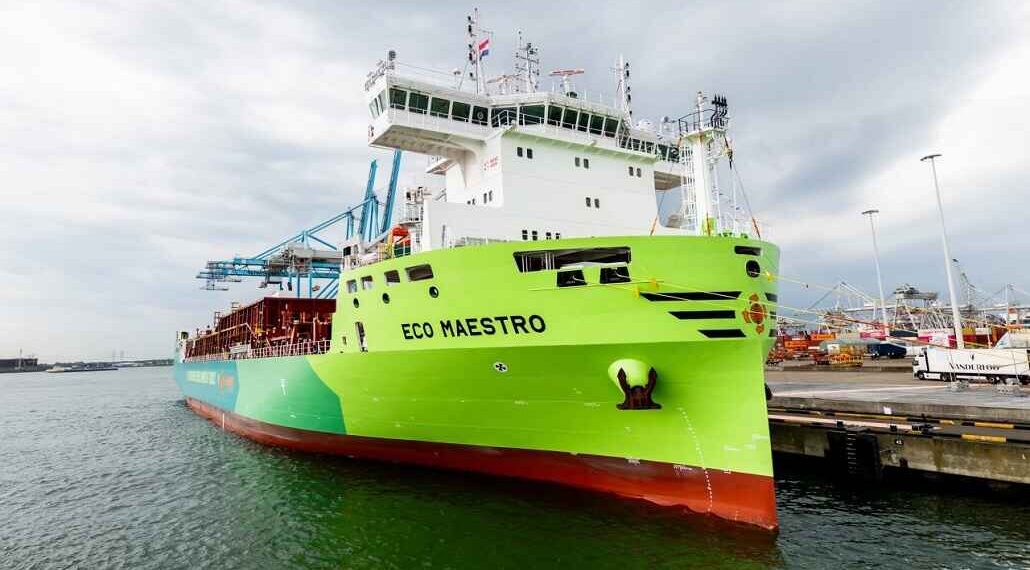European transport sectors, particularly shipping and aviation, are facing mounting pressure to accelerate decarbonization efforts. However, a lack of available green fuels is hindering progress. In response, the European Community Shipowners’ Association (ECSA), Airlines for Europe (A4E), and Transport & Environment (T&E) have released a joint statement urging the European Commission and member states to ramp up production of sustainable fuels.
This call to action comes ahead of the upcoming IMO MEPC 83 meeting in April, where ‘mid-term’ measures for reducing greenhouse gas emissions from shipping are expected to be approved.
The Importance of Green Fuels
The joint statement emphasized the critical need for clean fuels in facilitating mid-term decarbonization measures. The groups are advocating for shipping and aviation fuels to be prioritized under Europe’s Clean Industrial Deal (CID), a multi-year initiative aimed at bolstering clean technology and energy-intensive industries in the region.
The CID is set to be unveiled by the European Commission on February 26 as part of its 100-day plan. This follows the publication of the Draghi report, which estimates that approximately EUR 100 billion per year is required to fund the energy transition in Europe’s shipping and aviation sectors.
ECSA Secretary General, Sotiris Raptis, said: “The Draghi report has found that European shipping alone needs EUR 40 billion annually to decarbonise. The Clean Industrial Deal must set the conditions to make clean fuels available for shipping. We need enormous investments for clean fuels, certainty through robust binding requirements, and simplification of access to public and private financing. This is vital to keep European shipping internationally competitive while ensuring a thriving, innovative industrial cluster.”
Aviation and Shipping Challenges
In the aviation sector, DHL reports that production of sustainable aviation fuels (SAF) doubled to 600 million liters annually between 2022 and 2023. However, this represents less than 1% of global jet fuel consumption. DHL has set a goal to achieve 30% SAF use for its aviation operations by 2030.
For maritime transport, the statement highlights that additional incentives are needed to meet the FuelEU Maritime and ReFuelEU Aviation targets. It proposes that the Sustainable Transport Investment Plan (STIP) should boost EU production to supply at least 40% of the green fuels required by these regulations.
Recommendations to Boost Green Fuel Availability
The joint statement outlines several key measures to escalate green fuel availability:
- Incentivizing Production
The STIP should incentivize the production of green fuels for shipping and aviation to meet EU regulatory requirements. - Using Revenue for Investments
It recommends using European and national Emissions Trading System (ETS) revenues to de-risk green fuel projects. - Matchmaking Platform
A matchmaking platform is proposed to streamline the availability of clean shipping and aviation fuels. - Infrastructure Mandates
Infrastructure mandates are needed for renewable fuel hubs in European ports and airports to ensure sufficient distribution and accessibility.
Clear Goals for Green Transition
The joint statement also highlights the importance of binding requirements, streamlined financing processes, and significant investments to achieve the energy transition. The representative groups emphasized that these measures are vital to maintaining European shipping and aviation as globally competitive and sustainable sectors.
With the IMO MEPC 83 meeting in April and the forthcoming Clean Industrial Deal, this collaborative effort could set the stage for transformative changes in Europe’s transport sector.


































